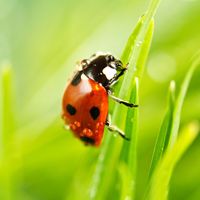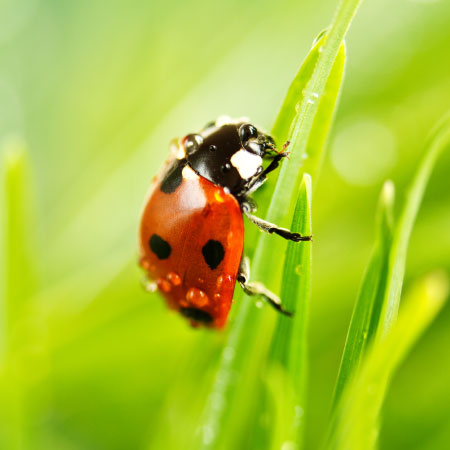Potatoes Are Splitting - What To Do For Potato Elephant Hide Disorder

Sign up for the Gardening Know How newsletter today and receive a free copy of our e-book "How to Grow Delicious Tomatoes".
You are now subscribed
Your newsletter sign-up was successful
Hidden underground, there is a myriad of things that can go wrong with potatoes as they develop. Gardeners often get surprises when they begin their harvest, like shallow growth cracks in potatoes they assumed would be smooth-skinned and perfect. If your potatoes are splitting on the surface, it could be potato elephant hide disorder, a not-so terribly serious problem of potatoes.
What is Potato Elephant Hide?
Researchers are unclear on the exact causes of potato elephant hide disorder, but they believe it happens when potato tubers grow irregularly. Sometimes part of the surface of the potato will expand faster or slower than another part, causing potato tuber cracking on the surface. This cracking isn't serious, but it can give potatoes a scaly appearance. Although these potatoes look ugly, they're perfectly safe to eat because the cause isn't pathogenic. Many environmental problems are suspect, but the exact cause isn't yet known. Current suspects include excessive fertilizer salts or decaying matter, high temperatures, excessive soil moisture, and uncoordinated growth due to genetic factors.
Managing Potato Elephant Hide
Once your potatoes have developed elephant hide, they can't be cured, but unless they're intended for market use, it won't affect their edibility. You can prevent future crops from suffering the same fate by carefully monitoring their growing environment. When amending your potato bed with fertilizer or compost, make sure to do it well in advance of the growing season to allow everything to fully break down. It's also a good idea to resist the urge to fertilize without a soil test. Overfertilization can lead to excessive salts in the soil that can burn fragile potato skins, as well as rapid, uncontrolled growth. High temperatures and excessive soil moisture can stress tubers significantly. It's already known that high soil temperatures slow the growth of tubers and cause potato skins to thicken, so it's reasonable to think these stressors may cause additional problems. Shade your potatoes when the heat is serious and provide them with about 4 inches (10 cm.) of organic mulch to help cool soil and even out soil moisture. Some potatoes are simply more susceptible to elephant hide than others, with Russet Burbanks being at the highest risk. If your favorite potato produces elephant hide year after year, it might be a good idea to ask your neighbors about the potato varieties they're growing in their gardens. You may discover that they've had better luck with a different variety.
Sign up for the Gardening Know How newsletter today and receive a free copy of our e-book "How to Grow Delicious Tomatoes".

Kristi Waterworth was a regular contributor to Gardening Know How for many years, answering countless queries on plant pests and diseases.